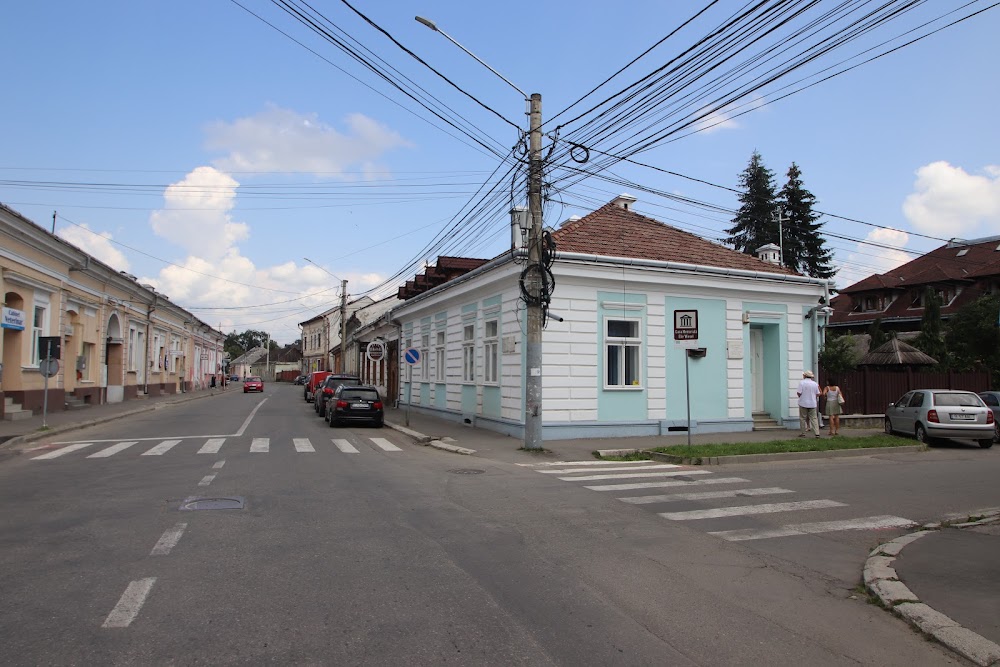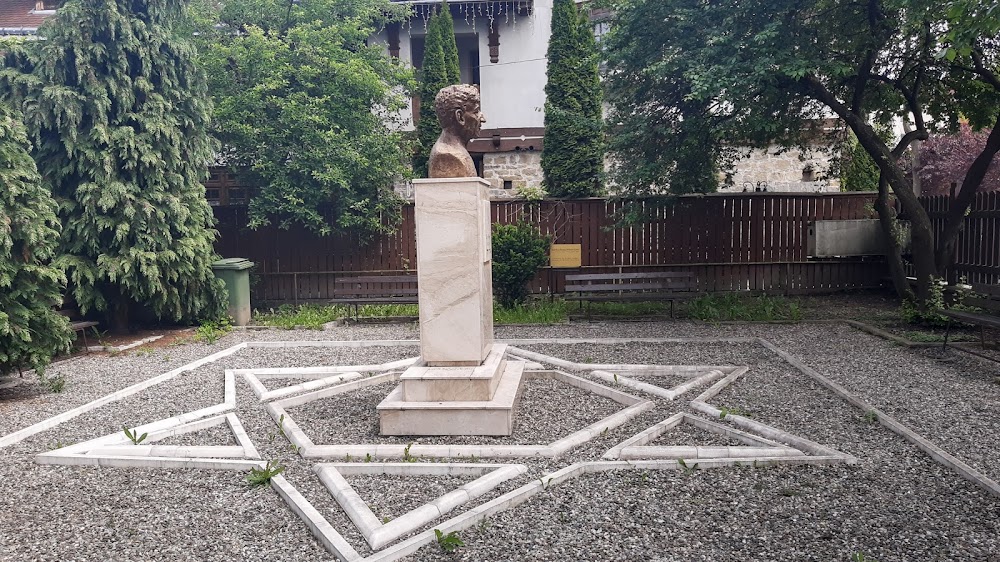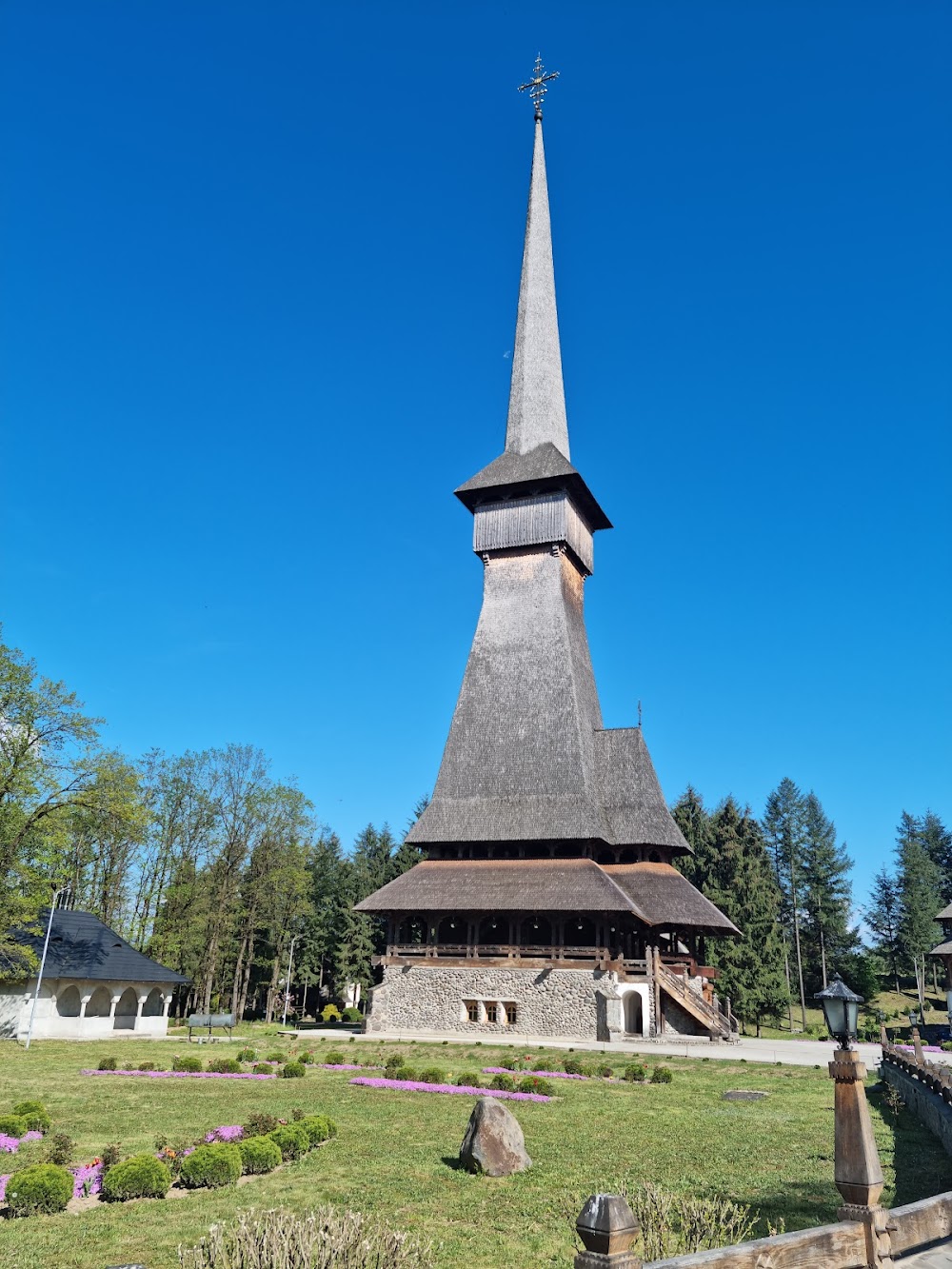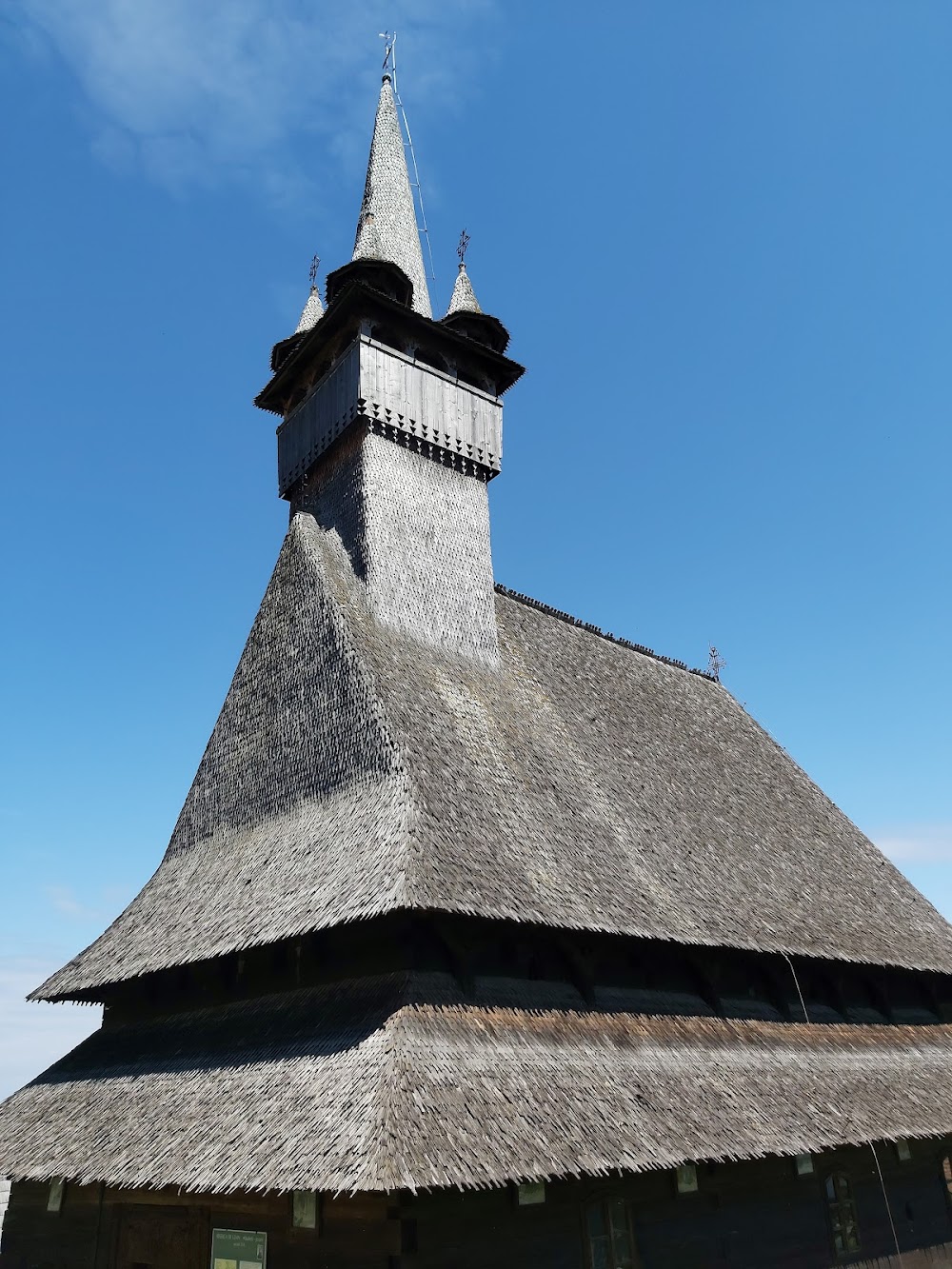Elie Wiesel Memorial House (Casa Memorială Elie Wiesel)
Overview
In the heart of **Maramureș County, Romania**, lies the charming city of **Sighetu Marmației**, home to the **Marmatian Museum of Jewish Culture**, also known as the **Elie Wiesel Memorial House**. This poignant museum serves as a vital marker of history, culture, and resilience, intricately connected to the life and legacy of **Elie Wiesel**, the Nobel laureate and Holocaust survivor.
The museum is situated in the very house where Elie Wiesel was born on **September 30, 1928**. For many years, this humble dwelling stood as a historic home until a dedicated group transformed it in the late 1990s into a place of learning and remembrance, honoring Wiesel and the vibrant Jewish community that once flourished in Maramureș County.
The transformation into a museum began with meticulous planning and extensive research. A collaborative effort among historians, architects, and cultural experts ensured the authenticity and accuracy of the restoration. This project aimed to preserve the structure while creating an educational space that highlights Jewish culture, history, and the tragic events of the Holocaust.
Restoration work commenced with a focus on reinforcing the house's structure. Builders employed traditional techniques and materials to maintain its original charm. The lovingly restored wooden beams and plaster walls allow visitors to experience the house as it was during Wiesel’s formative years.
Inside, the museum’s layout is thoughtfully designed not only to showcase artifacts but to tell a moving narrative. Several rooms are dedicated to various themes, including recreations of traditional Jewish households that provide insight into the daily lives of Jewish families in Sighetu Marmației before **World War II**. Authentic furniture, household items, and photographs enrich these spaces, deepening the visitor experience.
A central room is devoted to **Elie Wiesel** himself, featuring personal belongings, manuscripts, photographs, and a collection of his published works. This room resonates with Wiesel’s legacy as a writer, activist, and advocate for human rights. Interactive displays invite visitors to listen to his speeches and interviews, allowing his powerful words to resonate in an intimate and impactful space.
The **Holocaust Memorial Room** stands as a solemn reminder of the atrocities faced by the Jewish community during World War II. Artifacts from this dark period, including personal stories, objects from concentration camps, and documents, are thoughtfully arranged to convey the gravity of the Holocaust. It serves as a place of reflection, silence, and remembrance.
Education and community engagement are also core focuses of the museum. Regular workshops, seminars, and guided tours aim to enlighten young people about Jewish culture, the importance of remembering history, and the values of tolerance and human rights. A small library within the museum offers an array of books on Jewish history, literature, and the Holocaust, providing valuable resources for scholars and inquisitive visitors alike.
Outside, the museum’s garden is designed as a tranquil space for contemplation. Benches and plaques commemorate the lives lost while celebrating the resilience of the Jewish community. It’s a serene area where visitors can sit and reflect on the stories they’ve encountered inside, fostering a deeper appreciation for the importance of memory in preserving cultural heritage.
Since its opening, the **Marmatian Museum of Jewish Culture** (Elie Wiesel Memorial House) has become a significant cultural and tourist attraction in Maramureș County. It stands not only as a monument to the past but also as a beacon of hope, education, and dialogue for future generations.
The creation of this museum exemplifies the power of remembrance and the enduring legacy of Elie Wiesel. It is a place where history comes alive, where every artifact tells a story, and where every visitor departs with a richer understanding of Jewish culture and a commitment to ensuring that such dark chapters of history are never repeated.






